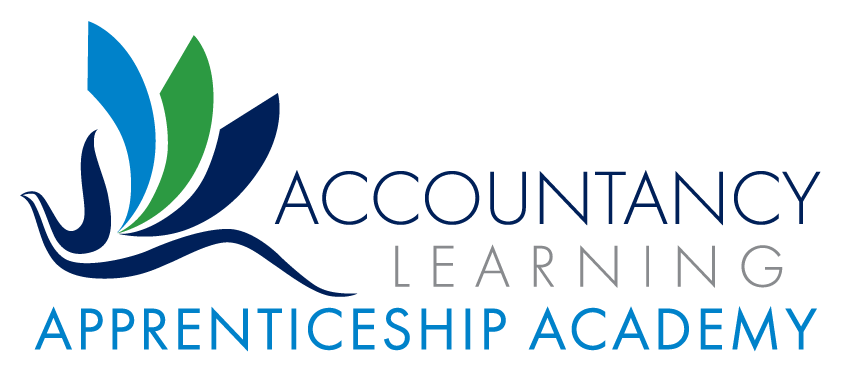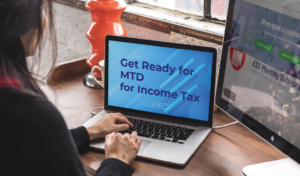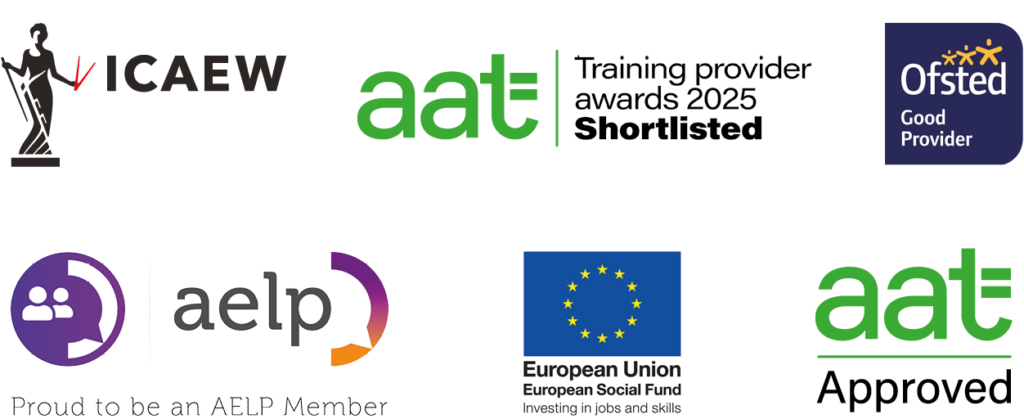Making Tax Digital (MTD) for Income Tax presents a valuable opportunity for accountancy firms to expand their bookkeeping services and grow their practices.
As the demand for digital bookkeeping increases, accountancy firms must ensure they can manage these additional tasks efficiently. Investing in bookkeeping training, such as the AAT Level 2 and/or Level 3 Certificates in Bookkeeping courses, can provide the necessary resources to scale up and meet this growing demand.
In this article, Simon Deane, co-founder of Accountancy Learning, highlights how accountancy firms can maximise the opportunities for providing bookkeeping services that MTD for Income Tax will create.
Understanding the changes with MTD for Income Tax
Under the new MTD for Income Tax rules, self-employed people and landlords will be required to:
- Maintain digital records of their income and expenses.
- Submit quarterly income and expense updates to HMRC via MTD compatible software.
- Apply the appropriate adjustments and allowances.
- File a Final Declaration to confirm their annual tax position.
This shift means that many self-employed individuals and landlords who previously managed their own bookkeeping will now require additional support from professional accountants and bookkeepers. Firms that proactively expand their bookkeeping capacity will be well-placed to attract new clients and enhance their service offerings.
Expanding capacity through bookkeeping training
Accountancy firms should consider different strategies for expanding their workforce to cope with the increased bookkeeping demands of MTD for Income Tax. The AAT Level 2 and Level 3 Certificate in Bookkeeping courses, which we outline later in this blog, provide a practical and accessible solution for training new and existing staff.
Here are three strategies accountancy firms can consider to ensure they will be fully resourced to meet the demands of MTD for Income Tax:
1) Recruit and train new bookkeepers. Hiring new staff and training them in bookkeeping ensures that firms can handle the increased workload efficiently. By enrolling new employees on AAT-accredited bookkeeping courses, firms can quickly develop skilled bookkeepers ready to assist with MTD compliance. The structured learning approach of the Level 2 and Level 3 courses allows trainees to build a solid foundation in bookkeeping principles, giving them the confidence and expertise needed to manage clients’ digital records.
2) Retrain existing staff. Many accountancy firms already employ administrative and finance staff who may have limited bookkeeping knowledge. Retraining these employees through AAT bookkeeping courses can help firms maximise their existing workforce while enhancing service capabilities. By upskilling internal staff, firms can ensure they are better equipped to support clients with MTD for Income Tax requirements without recruiting additional personnel. The focus on internal staff development can also be a great motivating factor for employees.
3) Offer part-time opportunities to local professionals. A flexible workforce can be highly beneficial, especially as demand fluctuates. Offering subcontracting or part-time employment to local professionals looking to re-enter the workforce is an excellent way to increase capacity.
Part-time bookkeepers – a real-world example
One of Accountancy Learning’s clients is a bookkeeping firm specialising in farms and estates. This firm has successfully employed mature professionals who have completed Accountancy Learning’s AAT Level 2 bookkeeping tutor-supported distance learning courses. In doing so, they can provide a reliable bookkeeping service to their clients, using part-time employees who can work flexibly while meeting their client’s needs and deadlines.
Two of the bookkeeping firm’s employees recently progressed to the Level 3 Bookkeeping Certificate, allowing them to achieve AAT Qualified Bookkeeper (AATQB) status.
This example highlights how investing in AAT training can help firms build a reliable and skilled bookkeeping team while supporting individuals looking for flexible employment opportunities.
The long-term benefits of AAT bookkeeping training
In addition to supporting MTD for Income Tax implementation, training staff through AAT bookkeeping courses offers several long-term advantages for accountancy firms:
- Improved service offerings: Expanding a firm’s bookkeeping expertise enables it to offer comprehensive digital bookkeeping services, making it a one-stop solution for clients’ accounting needs.
- Client retention and growth: Clients requiring assistance with MTD compliance will be more likely to remain with a firm that seamlessly manages their digital records.
- Competitive advantage: Firms with well-trained bookkeepers will stand out in the market, attracting new clients who need professional support with MTD for Income Tax.
- Pathway to AAT Qualified Bookkeeper Status: Employees who complete the Level 3 AAT bookkeeping course can progress to becoming AAT Qualified Bookkeepers, further strengthening a firm’s credibility and service capabilities.
An overview of the AAT bookkeeping training courses
The AAT Level 2 and Level 3 Certificates in Bookkeeping courses, which Accountancy Learning provides, are perfect for accountancy firms who want to develop their employees’ practical bookkeeping skills to help meet the demands of MTD for Income Tax. These courses can be completed via distance learning, allowing students to study at their own pace while receiving support from tutors. A breakdown of both of these bookkeeping training courses is as follows:
AAT Level 2 Certificate in Bookkeeping
Who is it for?
- Beginners with little or no bookkeeping experience
- Individuals looking to gain entry-level roles in bookkeeping
- Business owners wanting to manage their own accounts
Units Covered:
- Introduction to Bookkeeping
- Principles of Bookkeeping Controls
AAT Level 3 Certificate in Bookkeeping
Who is it for?
- Those who have completed AAT Level 2 or have prior bookkeeping experience
- Individuals who want to work in more senior bookkeeping roles
- Those who plan to become self-employed bookkeepers
Units Covered:
- Financial Accounting: Preparing Financial Statements
- Tax Processes for Businesses
The AAT Level 2 and Level 3 bookkeeping courses can help accountancy firms increase their resources for MTD for Income Tax, but they can also help students widen their skill base, which can be used elsewhere in the practice.
Why Choose Accountancy Learning’s AAT Distance Learning Courses?
Accountancy Learning provides flexible and accessible AAT-accredited bookkeeping courses that allow learners to study at their own pace. This makes it easier for both new and existing employees to develop their bookkeeping skills while continuing to work.
Key benefits of Accountancy Learning’s distance learning courses include:
- Tutor-supported learning: Students receive guidance and support throughout their studies.
- Flexible study options: Ideal for part-time learners or those balancing work and education.
- Industry-recognised qualifications: Completing Level 2 and Level 3 Bookkeeping Certificates enables students to progress and achieve AAT Qualified Bookkeeper (AATQB) status, adding value to any firm’s bookkeeping services.
To learn how distance learning bookkeeping courses from Accountancy Learning could make a significant difference to your MTD resources, call 01392 982684 or email [email protected]
Conclusion
MTD for Income Tax presents a significant opportunity for accountancy firms to expand their bookkeeping services and grow their businesses. By investing in AAT bookkeeping training through Accountancy Learning, firms can choose whether to:
- Recruit and train new staff.
- Retrain existing employees.
- Offer part-time opportunities, including training, to professionals returning to work.
With the right training and resources, firms can successfully adapt to the increased demand for digital bookkeeping, ensuring compliance with MTD for Income Tax while strengthening their market position. Investing in bookkeeping education today will help firms build a sustainable and scalable future in the digital tax era.






